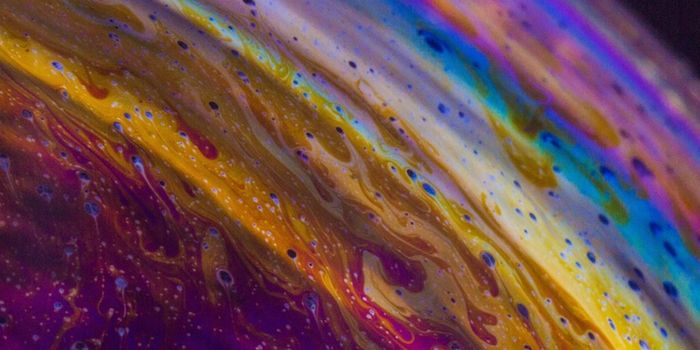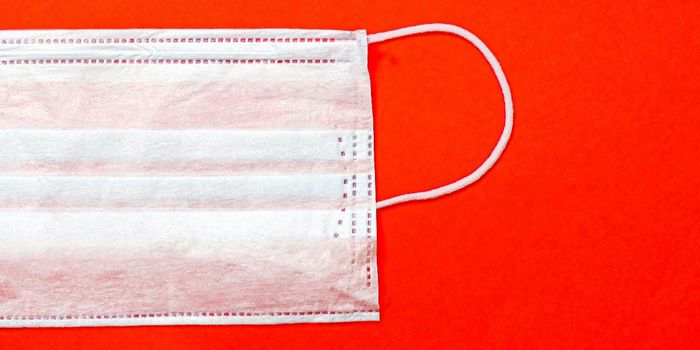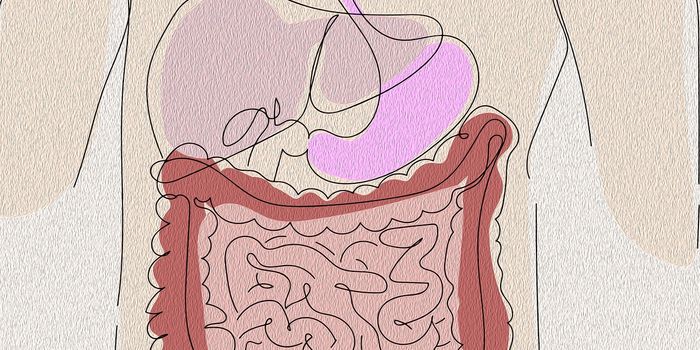Given a choice, most of us would choose to never get sick and live forever. Now, researchers have uncovered how a hormone might help us achieve that goal.
Researchers at Yale School of Medicine found that boosting levels of the hormone FGF21 guards against the natural loss of immune function that comes with age.
Produced in the liver, FGF21 increases when calories are restricted. The increase triggers the body to go into fat-burning mode; allowing the body to fuel itself with stored fat. Previous studies have found that raised levels of FGF21 extend the lifespan of mice by 40 percent.
The researchers studied the thymus in mice with both increased and decreased levels of hormone FGF21. The thymus is a lymphoid organ that produces T cells for the immune system. As a person ages, the thymus degenerates and eventually becomes difficult to identify. The organ shrinks, becomes fatty, and loses its ability to produce new T cells. The loss of T cells causes an increased risk of infections and certain cancers.
The study showed that raised FGF21 levels protected the thymus from age-related fatty degeneration and heightened the thymus’ ability to produce T cells. Decreased levels of FGF21 accelerated the thymus' degeneration.
The research could be used in the future to improve immune function for the elderly, obese people, and those suffering from illnesses, such as type-2 diabetes. Further research needs to be done to understand the mechanisms behind FGF21 that protect the thymus from aging. "We will also look to developing a way to mimic calorie restriction to enhance immune function without actually reducing caloric intake,” said study author and immunobiologist Vishwa Deep Dixit.
The study was published online in the
Proceedings of the National Academy of Sciences on January 11, 2016.
Sources :
Yale University press release via EurekAlert!,
PNAS journal study,
Resveratrol News









